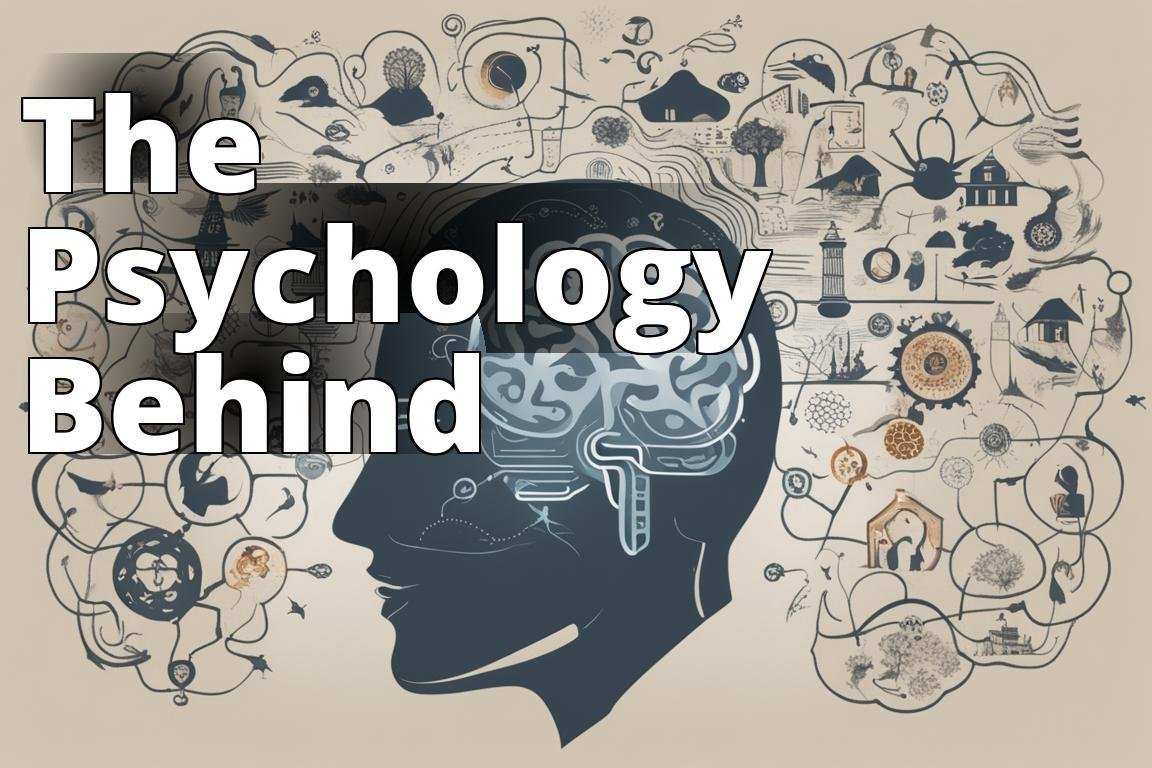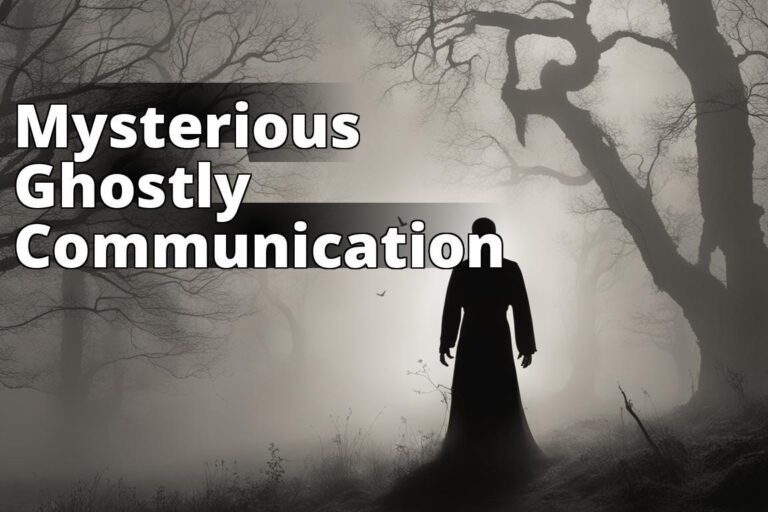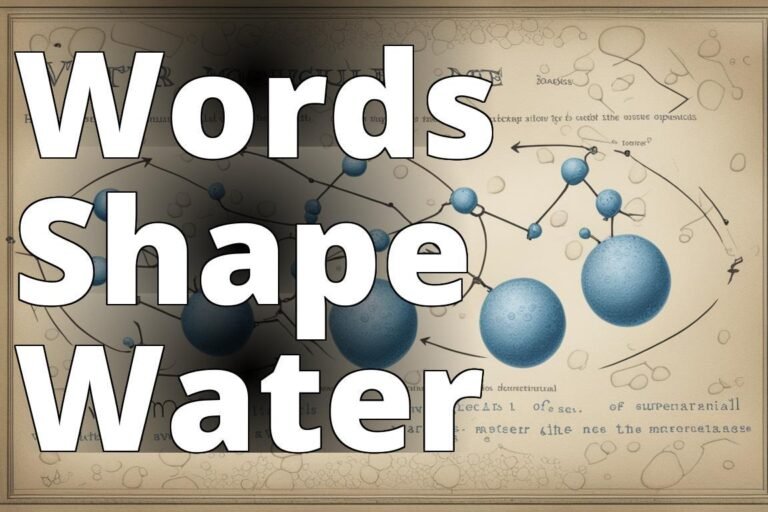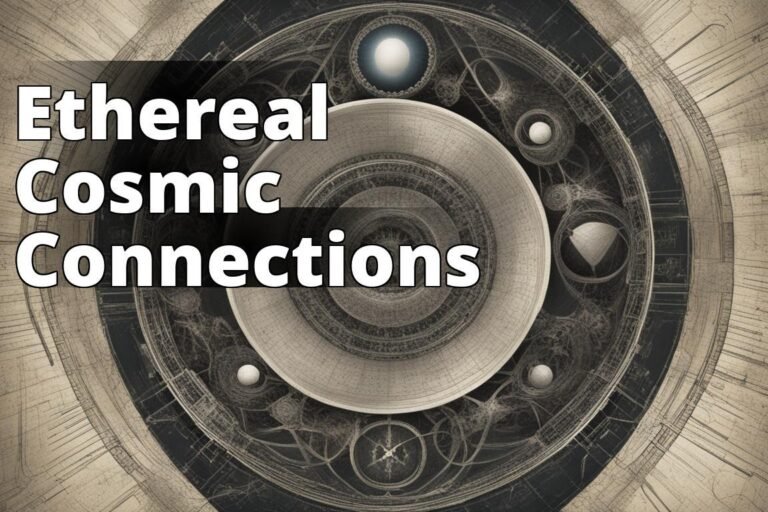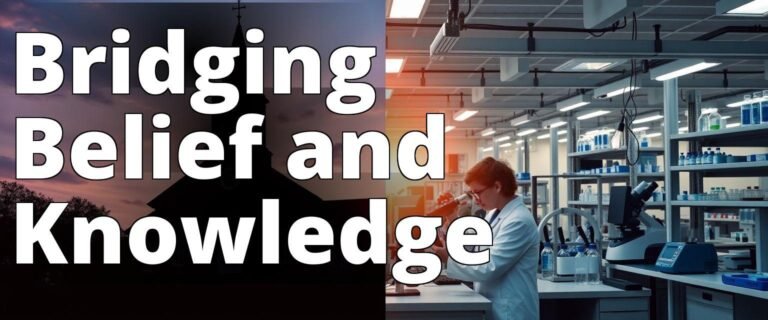What Psychologists Say About Ghosts and Spirits
Do you ever feel a chill down your spine when you’re alone, or catch a glimpse of something in the corner of your eye that disappears when you look directly at it? Many of us have had these spooky experiences, leading us to wonder about the existence of ghosts and spirits. But beyond the eerie tales and horror movies, what do psychologists have to say about these supernatural beings? Let’s dive into a world where science meets the paranormal and explore the psychological perspective on ghosts and spirits.
Learn about Psychologists’ Views on Ghosts and Spirits
- Ghosts are believed to be spirits of the dead lingering on Earth.
- Spirits are typically considered to be non-physical entities of energy.
- Psychologists explain perceptions of ghosts as influenced by brain functions, cultural beliefs, and coping mechanisms for grief.
What Are Ghosts?
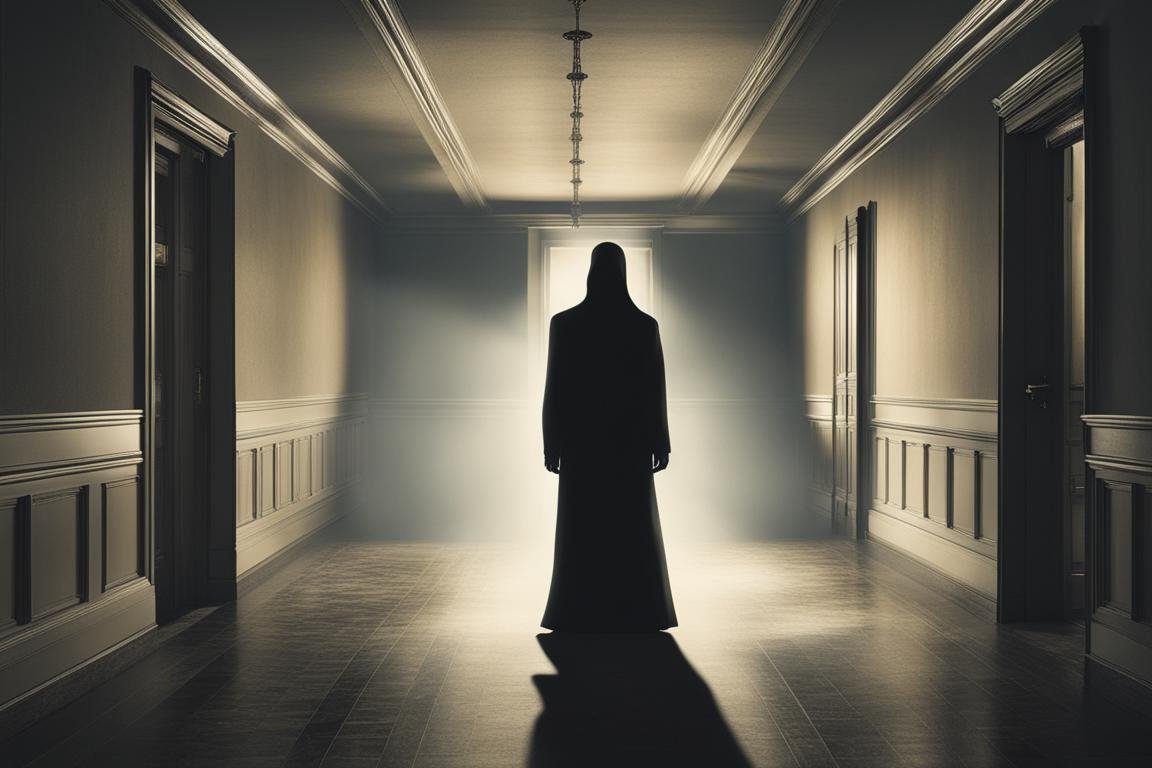
Ghosts, as traditionally depicted, are thought to be the souls or spirits of deceased people that are somehow stuck between the afterlife and our world. They are often portrayed as ethereal figures that can interact with the living in various ways. While some cultures view ghosts as benevolent ancestors guiding or protecting their descendants, others see them as malevolent entities haunting specific locations or individuals.
What Are Spirits?
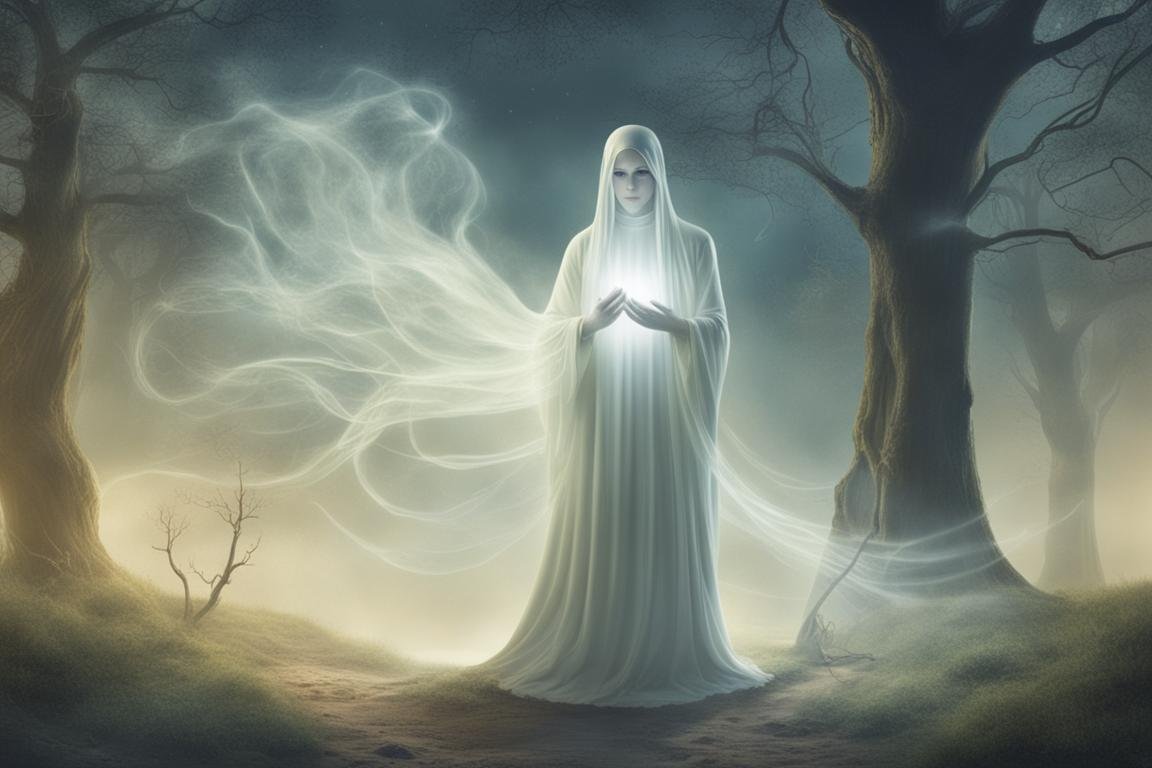
Spirits, on the other hand, are generally considered to be non-physical entities or energies that exist beyond our tangible reality. They could be the souls of the dead but are not limited to human form or consciousness. In many spiritual and religious traditions, spirits can include angels, demons, and other supernatural beings that influence the material world in ways that are beyond our understanding.
What Do Psychologists Say About Ghosts and Spirits?
The Role of the Brain
Psychologists and neuroscientists suggest that our brains are wired to find patterns and make sense of the unknown. This can lead to pareidolia, where we see faces in random patterns, or apophenia, where we perceive connections or meaningful patterns between unrelated things. In the context of ghosts and spirits, these cognitive biases can make us believe we’ve seen or experienced something supernatural when it’s actually our brain trying to interpret ambiguous stimuli.
Insider Tip: To test this theory, try spending time in a reputedly haunted location with a skeptic and a believer. You’ll likely notice that the believer reports more paranormal experiences, influenced by their expectations and brain’s pattern-seeking behavior.
The Role of Culture
Our beliefs about ghosts and spirits are heavily influenced by our cultural background. Psychologists have found that cultural narratives and folklore shape how we interpret unexplained phenomena. For instance, in cultures with rich ghost lore, people are more likely to attribute strange occurrences to paranormal activity. This cultural lens affects not only our belief in ghosts but also how we react to potential ghostly encounters.
Insider Tip: Exploring ghost stories from different cultures can reveal fascinating insights into how our ancestors made sense of death, the afterlife, and the unknown.
The Role of Grief
Grief and loss can profoundly affect our psychological state, leading some to experience what psychologists term “post-bereavement hallucinatory experiences” (PBHEs). These are sensory experiences where a person sees, hears, or feels the presence of the deceased loved one. While these experiences can be comforting for some, they are a testament to the powerful ways in which our minds cope with loss.
Insider Tip: If you’ve experienced a PBHE, consider sharing your story in a supportive environment. You’ll find you’re not alone, and it can be therapeutic.
How to Cope With Ghosts and Spirits
Seek Support
If you’re troubled by experiences you believe are related to ghosts or spirits, talking about them with understanding friends or family can be incredibly helpful. Sometimes, just voicing your fears and experiences can diminish their power over you.
Consider Therapy
For those deeply affected by their experiences, seeking professional help can be beneficial. Therapists can provide strategies to manage anxiety or fear related to these experiences and help explore any underlying psychological factors.
A Word From Verywell
While the existence of ghosts and spirits remains a topic of debate, the psychological insights into why we believe in them and how we react to supposed encounters offer fascinating glimpses into the human mind. Whether you’re a skeptic or a believer, understanding the psychological aspects behind these beliefs can lead to greater empathy and insight into our shared human experience.
References
- For a deeper dive into the psychology of belief in the paranormal, including ghosts and spirits, I recommend visiting Verywell Mind. This resource offers comprehensive insights into the cognitive biases and cultural influences that shape our perceptions of the supernatural.
Remember, whether you’re exploring haunted houses or delving into the lore of spirits from cultures around the world, keeping an open mind and a healthy skepticism can make these journeys into the unknown all the more enriching.
Frequently Asked Questions
Who studies the connection between psychology and ghosts?
Parapsychologists explore the psychological aspects of ghosts and spirits.
What do psychologists say about encounters with spirits?
Psychologists believe that such encounters may be a result of emotional stress or trauma.
How can psychology explain people seeing ghosts?
Psychology suggests that sightings might be due to hallucinations or suggestibility.
What if someone believes they have seen a real ghost?
It is important to seek support from mental health professionals.
How can psychology help those experiencing ghostly encounters?
Therapy can address underlying emotional issues that may contribute to such experiences.
What if skeptics challenge the psychological approach?
Skeptics can still benefit from understanding the psychological perspectives on ghosts.

